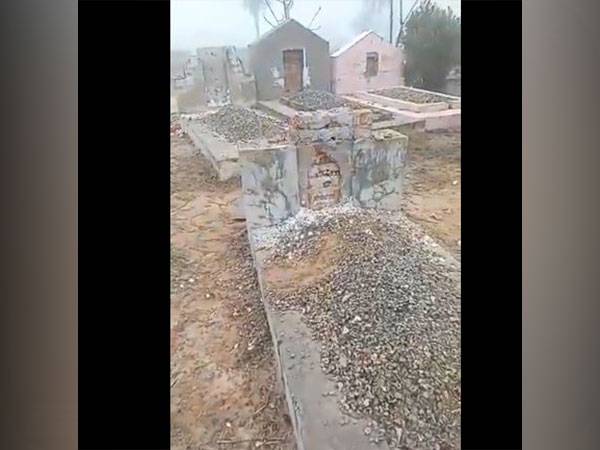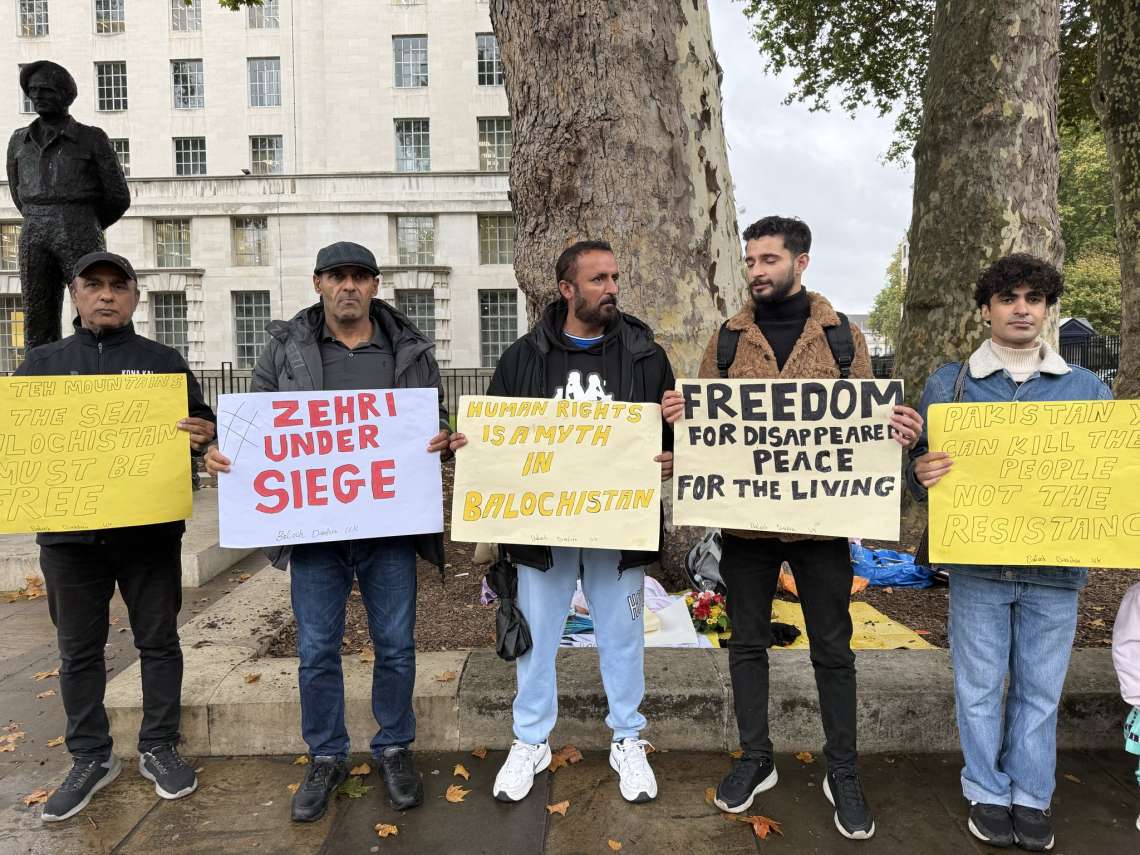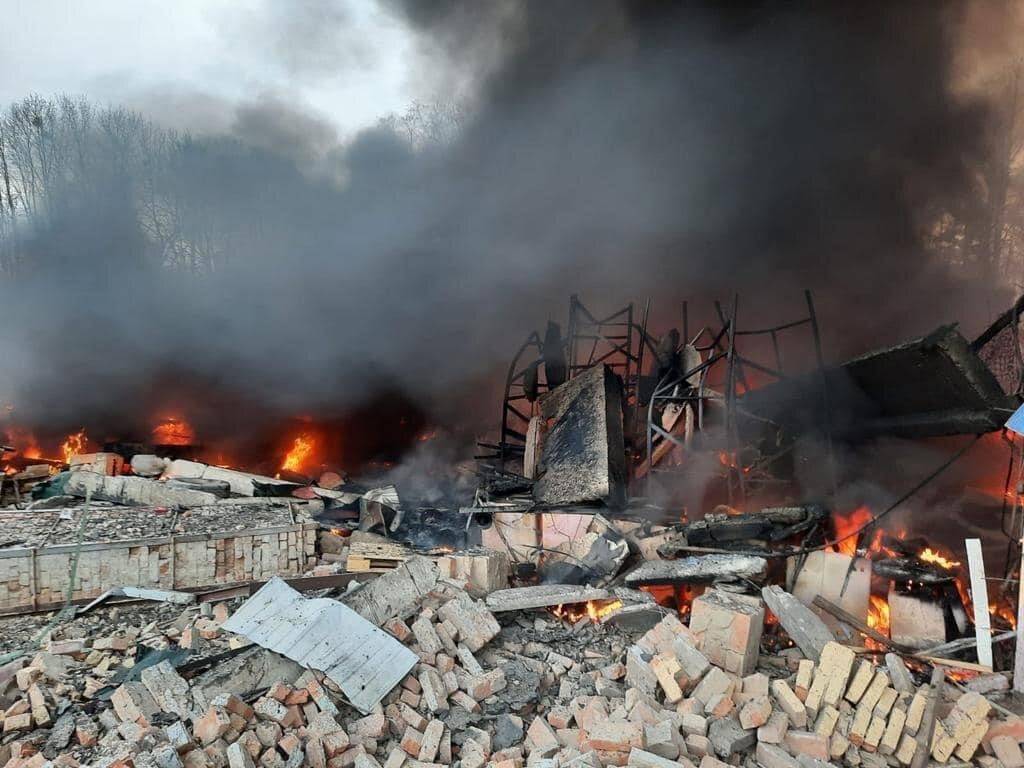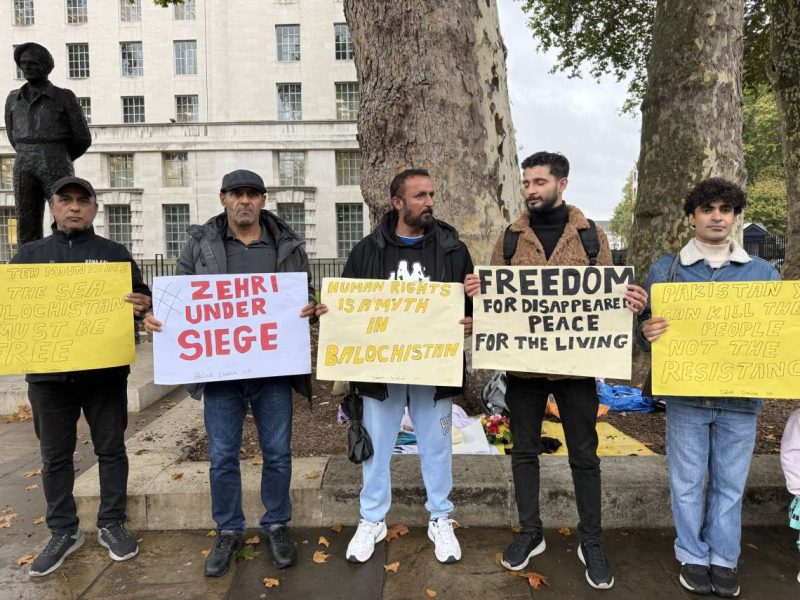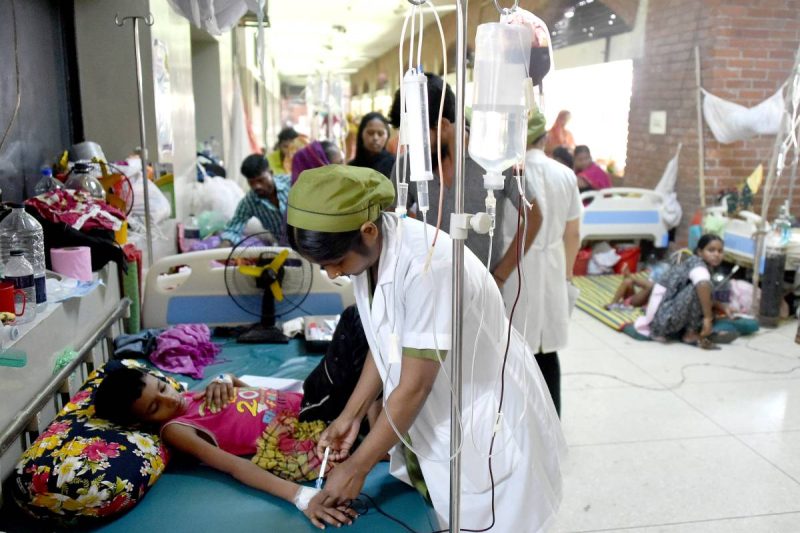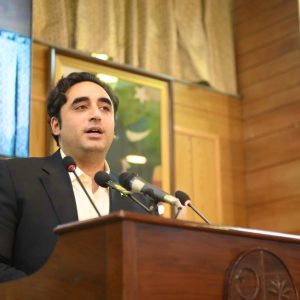The Human Rights Commission of Pakistan (HRCP) had expressed outrage against people who desecrated the graves in the country’s Punjab province….reports Asian Lite News
The recent incident of desecration of 45 graves belonging to the Ahmadiyya Muslim sect, has once again brought to light the deep-rooted disdain for minority communities in the state of Pakistan.
Earlier this month, reports had emerged that dozens of graves belonging to the Ahmadiyya Muslim sect in Pakistan’s Hafizabad town had been desecrated.
The Human Rights Commission of Pakistan (HRCP) had expressed outrage against people who desecrated the graves in the country’s Punjab province.
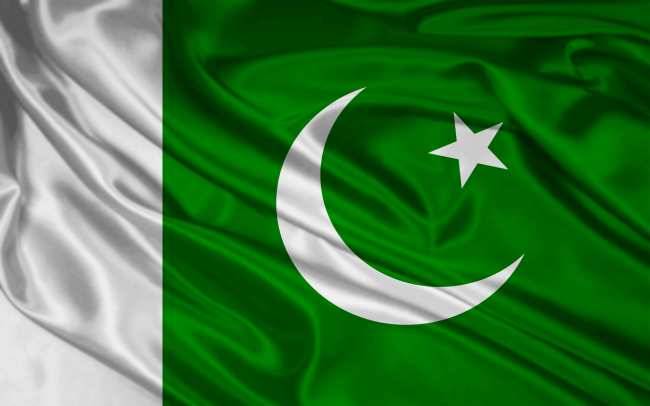
“HRCP is appalled to learn that some 45 Ahmadiyya graves were desecrated allegedly by the Hafizabad police in Premkot on 4 and 5 February, following complaints from a resident who objected to the community’s use of holy verses on its tombstones,” the HRCP had said in a statement.
“Worryingly, such acts are becoming almost routine, leaving members of the Ahmadiyya community as beleaguered in death as they are in life,” the statement added.
The rights group said the desecration of graves is an affront to human dignity and must not be permitted. “If the government is sincere in its bid to make Pakistan a more inclusive society, it must counter and punish all such acts.”
Writing for The Diplomat, Kunwar Khuldune Shahid said the Pakistani police regularly demolish Ahmadiyya mosques over similar allegations against them masquerading as Muslim worship places. “Ahmadis are barred from giving the Islamic call to prayer, or even displaying “Muslim names” in front of their homes.”
“Most ominously, the Ahmadiyya sect remains the most vulnerable to Pakistan’s violent blasphemy laws, with at least 13 Ahmadis killed and 40 wounded since 2017 owing to their identity,” he said.
According to Shahid, the persecution of Ahmadiyyas is rooted in the sect’s faith in its 19th-century founder Mirza Ghulam Ahmad, which representatives of other Islamic sects deem sacrilegious. They allege that belief in Ahmad contradicts Muhammad’s status as the final prophet of Islam, which Ahmadis insist is a misrepresentation of their faith, he added.
Back in 2020, a detailed report by the UK-based All-Party Parliamentary Group (APPG) had revealed details about the discrimination the Ahmadiyya community has been facing in Pakistan.
The APPG Inquiry heard disturbing evidence that anti-Ahmadiyya hatred is taught to children in schools, including in their textbooks.
The All-Party Parliamentary Group had called for the repeal of anti-Ahmadiyya laws in Pakistan and some of its key recommendations to the Government of Pakistan include removing the publications ban on Ahmadiyya Muslim literature and ensuring full freedom of religion for all religious communities in Pakistan. (ANI)


